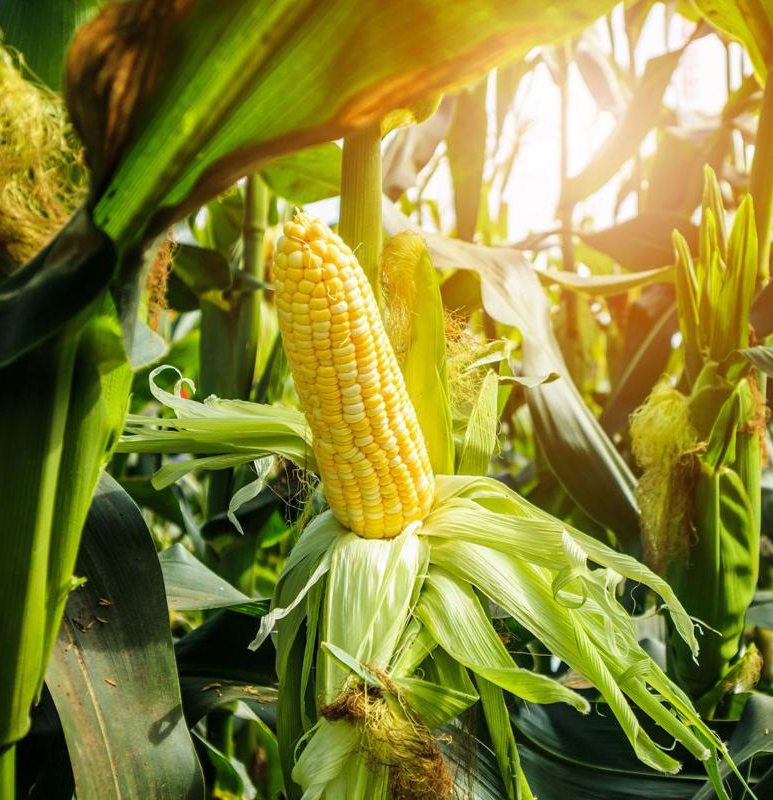
Agricultural land project 2
24 May 2021
No Comments

Vermicompost is a type of humus organic fertilizer produced by a specific species of earthworm. This fertilizer has very beneficial effects on plant growth and development in terms of having a variety of vitamins, growth hormones and nutrients required by the plant, and also has a desirable odor and does not contain any microbial contamination.
Types of compost
Aerobic method
This process takes place if there is enough oxygen. During this process, aerobic microorganisms break down matter and produce compounds such as carbon dioxide (CO2), ammonia, water, heat and humus. In the aerobic reaction, intermediate compounds such as organic acids may be produced, which are broken down by aerobic microorganisms. The heat generated breaks down proteins, fats and complex carbohydrates such as cellulose. Hence, the process time is shorter and also due to the high temperature in this process many harmful human and plant microorganisms as well as weed seeds are killed. This method is more efficient than anaerobic compost.
Properties of organic vermicompost
• Lightweight and odorless
• Pure and weed free
• Contains aerobic and beneficial microorganisms
• Contains necessary and useful elements such as iron, zinc and copper
• Contains the main vitamins for plant growth
• Storage of water and food in the soil
• Free of anaerobic bacteria
• Modification of physical and chemical properties of soil
• Contains plant growth stimulants such as vitamins
Easier and faster processing than biocompost
Good vermicompost profile
